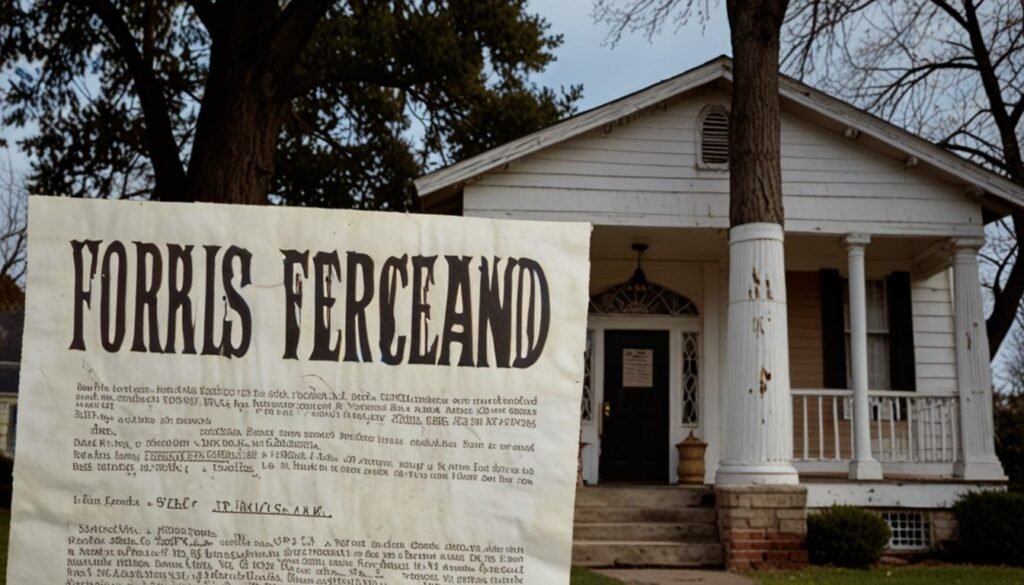The iconic estate faces a foreclosure claim linked to alleged forgery, highlighting a surge in home title theft cases across the country.
In a dramatic and unusual turn of events, Graceland, the iconic mansion of the legendary Elvis Presley, found itself at the centre of a legal maelstrom in May 2024. The sprawling estate, situated in Memphis, Tennessee, became the subject of national headlines after reports emerged of a foreclosure and imminent auction by a company known as Naussany Investments & Private Lending LLC. The company contended that the property had been leveraged as collateral by Elvis’s daughter, Lisa Marie Presley, prior to her death. This assertion, however, quickly unravelled into a tale of forgery and deception.
Riley Keough, Elvis’s granddaughter and the current custodian of Graceland, swiftly responded to the unfolding situation, denouncing the claim as fraudulent. Keough asserted that Lisa Marie’s signature had been forged, rendering any sale attempts unlawful and unauthorised. Her grievance found legal backing when a judge concurred, promptly halting the proposed sale.
Further intrigue was added when an anonymous group, purportedly operating from Nigeria, reached out to The New York Times, alleging responsibility for the forgery and attempted theft. “We figure out how to steal,” boasted the unnamed source, shedding light on the sophisticated nature of the scam. By August, developments in the case led to the charging of Lisa Jeanine Findley, a resident of Missouri, who was implicated in the fraudulent scheme.
The saga of Graceland highlights a broader, and increasingly prevalent, threat of deed fraud, commonly referred to as home title theft. The Federal Bureau of Investigation (FBI) has recently issued warnings about a significant surge in vacant land deed fraud, reporting a staggering fivefold increase over four years. Experts attribute this rise to advancements in technology and artificial intelligence, which have inadvertently provided fraudsters with the tools needed to target property owners effectively.
The mechanics of such scams are typically sophisticated yet insidious. Fraudsters often file counterfeit deeds or documents with county clerks, falsely establishing ownership of a property. With these forged claims, they can illicitly sell the property, secure home equity loans, rent it out to unsuspecting tenants, or even refinance the mortgage. Lauren Albrecht, president of Florida Title & Trust, which specialises in ensuring the legitimacy of real estate transactions, notes the elusive nature of these scams, stating, “Ninety-nine percent of the time, the money is gone before anyone realises.”
Graceland’s tumult is not isolated to the music icon’s famed residence. The Wall Street Journal reports a similar situation involving Spelling Manor, a 120-room mansion in Los Angeles. Originally constructed by the renowned TV producer Aaron Spelling, the residence is engulfed in its own legal quagmire over alleged fraudulent ownership claims. Unlike the resolved Graceland case, the Los Angeles property’s entanglements promise a prolonged unwinding process, stalling any legitimate sale proceedings.
These incidents underscore the potential vulnerabilities in property ownership, particularly in high-profile and high-value estates. As the digital age advances, property owners and legal entities face growing challenges in safeguarding against increasingly sophisticated methods of fraud.
Source: Noah Wire Services
















